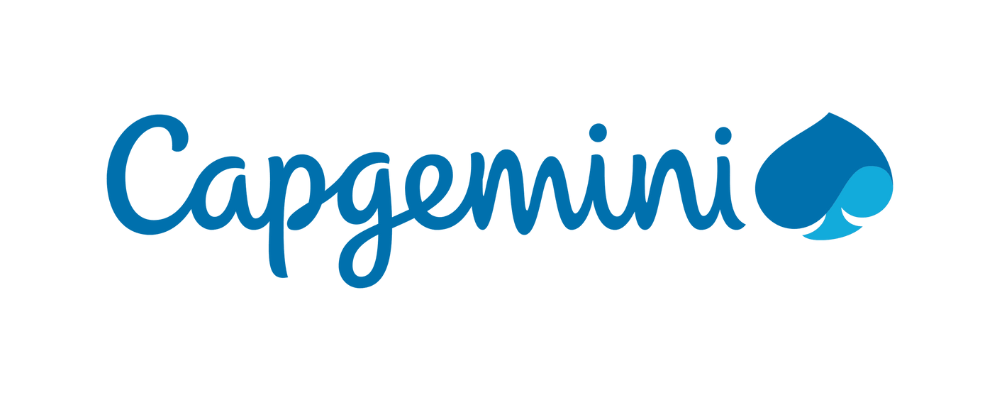FinOps uses technology and data to lower the cost of operations in line with the cloud computing model selected by cloud vendors. However, achieving a profitable and efficient optimization model requires more than the basic applications of FinOps optimization actions. Success starts with the people in your organization.
We have helped many clients move to the cloud, and we’ve noticed that they often overlook cost optimization until the migration has started and the costs are already rising. This means that the importance of a FinOps framework is often underestimated, or even completely abandoned, resulting in considerable unrealized savings.
Zakia Queiroz
Strong support is vital
FinOps must be championed by the organization for the adoption to succeed. Key stakeholders should be informed and understand the importance of FinOps and what benefits it will bring.
It’s vitally important that everyone on the project understands that the implementation of the best practices needs total commitment from all collaborators. Open and enlightening conversations with colleagues throughout the project to make sure everyone is following a common goal.
Ensuring governance
Creating clear rules and guidelines from the onset creates a smoother transition to FinOps activities.
A core team should be assigned to drive FinOps, set up processes, and provide guardrails. Success here hinges on two important roles within this team – the FinOps practitioner and the architect.
A FinOps practitioner oversees the action plan management, the communication of the results, and the coordination of the optimization activities.
An architect’s responsibilities include the initial definition of the tagging plan, the optimization of the environment in collaboration with the application owners on the concerned perimeter, and the efficiency control of the measures and the propagation of the skills.
Taking responsibility for the success
Cloud engineers have told us that they often don’t feel accountable for cloud costs.
They are more receptive to how functionalities are performing, or to deadlines imposed by the projects. Yet, engineers are key to avoiding costs, so it’s important that FinOps practitioners and engineers talk to each other about optimizing the project.

Assigning clear ownership helps. By sharing the vision of the actual costs and allocating those costs to the teams through a concrete tagging plan, engineers who own cloud resources will feel more accountable.
It’s also useful to establish regular FinOps operational meetings with the engineers. This is an opportunity to involve engineers in discussions about progress and challenges.
Everyone must take charge of how they use the cloud, as stated in the third FinOps principle. A RACI matrix helps define people’s responsibilities for each FinOps activity. This list should be updated and adapted to meet the customer’s needs as the project evolves. It’s also important to have clear process descriptions in a Statement of Work that define the key optimization options. Successful adoption of FinOps requires the definition of the target outcome in the form of agreed-upon metrics.
An organization and its engineers need to know what the ultimate goal is and track its progress using KPIs.
KPIs could include:
- Tagging coverage rate / % untagged resources,
- Computation costs per hour,
- Costs per GB of storage,
- Idle instances > 30 days,
- Usage on weekends vs. weekdays, and
- RI Coverage.
In any cloud optimization strategy, technology is only half the battle. The other half consists of your people. The foundation of a successful FinOps strategy starts with governance, support, and ownership.
A leader in cloud and operational optimization, Capgemini is helping organizations around the world to optimize their cloud services, saving money and lowering their carbon footprint.
“Capgemini partners with companies to transform and manage their business by unlocking the value of technology.
As a leading strategic partner to companies around the world, we have leveraged technology to enable business transformation for more than 50 years. We address the entire breadth of business needs, from strategy and design to managing operations. To do this, we draw on deep industry expertise and a command of the fast-evolving fields of cloud, data artificial intelligence, connectivity, software, digital engineering, and platforms.”
Please visit the firm link to site




